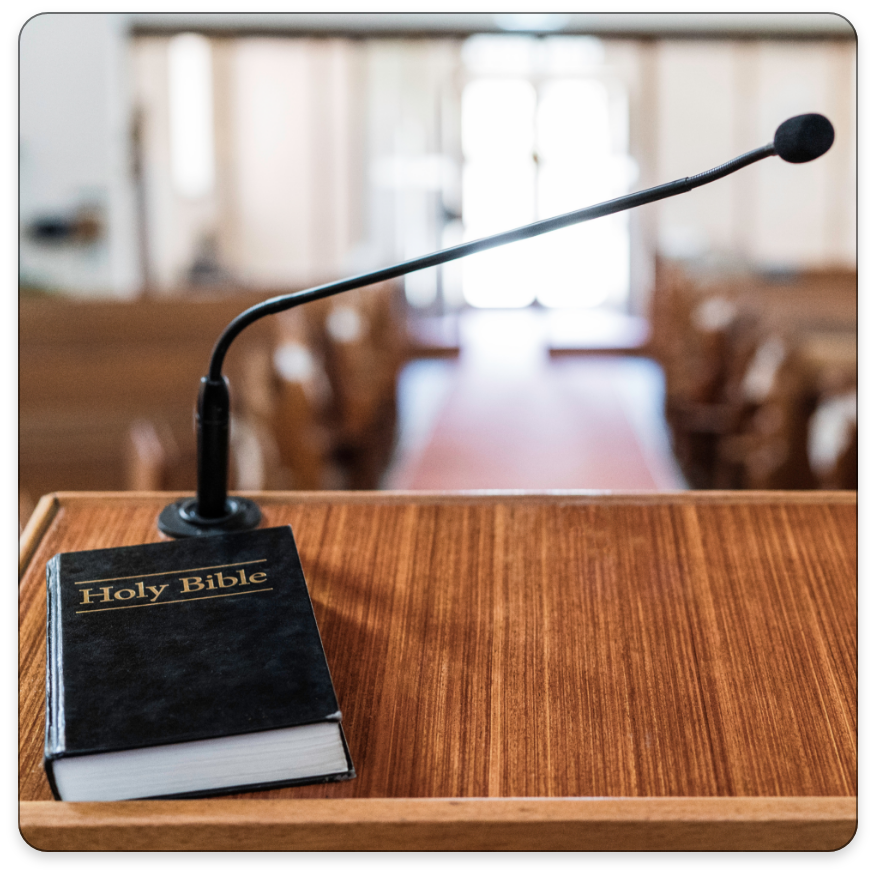
FAQ: Poverty: Myths vs. Reality
Myth #2: People who are poor are just lazy. All they need to do is work hard and pull themselves up by their bootstraps.
Most people judge others from the context of their own lives. They don’t know what they don’t know. In evaluating the poor, they often overlook things like the lack of a father, family stability, education levels, personal competencies in job readiness, and so much more.
Myth #3: So much money goes into solving poverty, and it seems there are more poor people now than ever before. Is this all just a waste of money?
Answer: The issue is obedience to God more than producing results. Every believer is required to trust God and obey God.
Myth #4: Living in poverty is synonymous with being homeless.
There are people who live in poverty but are not homeless. For many of these people, they are one incident away from being homeless. In many countries economic status is not as important as personal faith. Jesus was homeless and Scripture does not make the elimination of poverty the highest goal. The sacrifice of material wealth can be a calling of God.
Myth #5: Our government gives people the tools they need to live comfortable lives
Answer: When George W. Bush was President, he initiated a follow through on the initiative of charitable choice. The belief was that the government could not do caregiving that was up to the faith community. Caregiving requires relationships. They do not supply what people need because the government is limited in empowering people. We also find that when people depend solely on the government, there is no motivation to break the chains of poverty and seek a better way to live.
Myth #6: Education, housing, resources… (fill in the blank)… will solve poverty.
Answer: It’s part of it; however, there are many things that are needed to empower people (i.e. faith, love, and hope, etc.) You can’t explain the complexity of this on a website.






